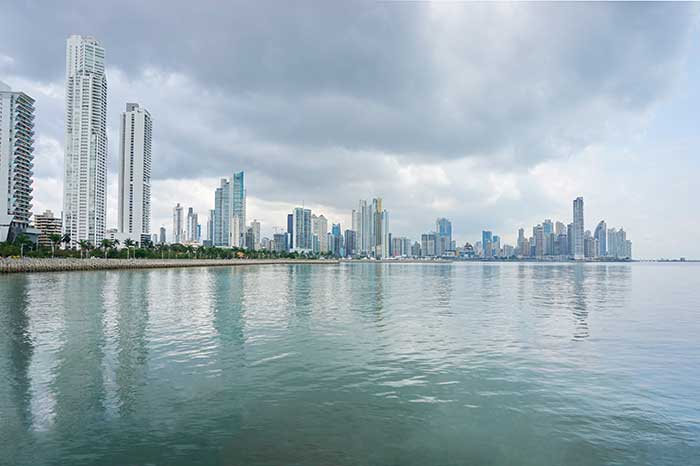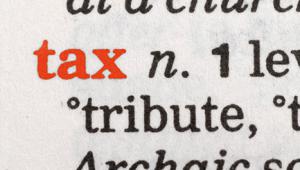web-panamacity_shutterstock_343698863.jpg

Panama City, Panama. A recent leak of a trove of documents from Panamanian law firm Mossack Fonseca revealed how the world's rich and powerful use tax havens to shirk their dues, putting tax avoidance high on the agenda.
Coordinated by Oxfam, the experts include Nobel Prize-winners, professors from top universities around the world and former International Monetary Fund staff. They sent a letter to world leaders stressing that the Anti-Corruption Summit taking place in London this week should move to end the era of tax havens.
“The existence of tax havens does not add to overall global wealth or wellbeing,” they wrote. “They serve no useful economic purpose.
“Whilst these jurisdictions undoubtedly benefit some rich individuals and multinational corporations, this benefit is at the expense of others, and they therefore serve to increase inequality.”
They warned that tax havens distort the global economy and undermine tax collection, particularly in the poorest countries, which are the worst hit by tax dodging, collectively losing at least $170bn of taxes annually as a result.
Jeff Sachs, director of Columbia University’s Earth Institute and an advisor to United Nations secretary general Ban Ki-Moon, who is a signatory to the letter, noted that tax havens do not “just happen”.
Rather, the tax and secrecy offerings of jurisdictions like the British Virgin Islands are the result of “deliberate” choices made by major governments, especially the UK and the US, in partnership with major financial, accounting and legal institutions that move the money, he said.
“Taking on the tax havens will not be easy; there are powerful vested interests that benefit from the status quo,” the letter warned.
Some of the world’s most popular tax havens are British overseas territories and crown dependencies, like the BVI and the Cayman Islands, many of which are resisting pushes for further secrecy headed by UK prime minister David Cameron.
States like Delaware and Nevada in the US are also well-known for the financial secrecy they offer, serving as tax havens on American soil.
Like Cameron, US president Barack Obama too has announced a crackdown on tax avoidance, announcing a host of measures last week to address beneficial ownership, corruption and money laundering.
The Tax Justice Network ranks the US as the third-worst in the world for its high levels of financial secrecy, and the country has often declined to take part in international accords and procedures to promote accountability and transparency.
The UK comes fifteenth in TJN’s Financial Secrecy Index, but TJN noted it would be at the top if Britain and its overseas network of territories were considered together.
“These abuses are not only shocking but staring us directly in the face,” said Sachs. “We didn’t need the Panama Papers to know that global tax corruption through tax havens is rampant, but we can say this abusive global system needs to be brought to a rapid end.”
The Panama Papers consist of more than 11 million documents leaked from Panamanian law firm Mossack Fonseca, detailing how the institution helped the world’s rich and powerful dodge tax.
Their release sparked international outrage and brought issues such as offshore companies and anonymous ownership into the spotlight.
Big economies in the European Union and the US have all since announced reforms in response, with a host of other jurisdictions also signing up to their plans.
But the economist’s letter urged more to be done to close the loopholes enabling what is largely legal, but very unfair, tax avoidance by the wealthy.
It argues the UK in particular is uniquely placed to end offshore secrecy as it has sovereignty over around a third of the world’s tax havens. The UK will also host an international Anti-Corruption Summit on Thursday.
The experts called for global agreements stipulating all jurisdictions, including tax havens, oblige companies to submit public reports on their activities in each country in which they operate and to make information on the real, secret owners of companies and accounts publicly available.












